An AI tool named Mia has made headlines after demonstrating its ability to detect cancers in breast scans that were previously overlooked by medical professionals. Developed and tested by the NHS, Mia’s sharp analysis covered over 10,000 mammogram scans. Remarkably, it not only confirmed known cases of cancer but also uncovered 11 instances that had escaped doctors’ notice.
Mia’s key strength lies in its ability to identify the smallest signs of cancer, ones that are too tiny for the human eye to see. These early detections are crucial for effective treatment, especially for aggressive cancers that can quickly spread.
The pilot test’s success has garnered significant trust, with only a small fraction of participants opting out. Microsoft, which is involved in the Mia project, has predicted that deploying this technology could potentially reduce the workload for radiography by up to 30%.
One poignant story shared by the BBC highlights Mia’s impact: Barbara, a patient whose cancer was detected early by Mia, was able to undergo less invasive treatment with a higher chance of success, thanks to the AI’s precision.
Developed by Kheiron Medical, Mia is the result of six years of dedicated research and training. This innovation represents a broader NHS commitment to integrating AI in medical diagnostics, including a new AI-supported lung cancer detection method that boasts up to 40 times more accuracy than traditional techniques.
Dr. Katharine Halliday from the Royal College of Radiologists has expressed optimism about Mia’s potential, underscoring the promising future AI holds in enhancing diagnostic accuracy.
While the University of Aberdeen has conducted an independent evaluation of Mia’s effectiveness, the results await peer review. Nonetheless, Mia’s achievements in early cancer detection are a beacon of hope for future medical diagnostics.
For a deeper dive into this revolutionary development in AI-powered cancer detection, check out the full story by Sam Jeans on DailyAI through this link.

